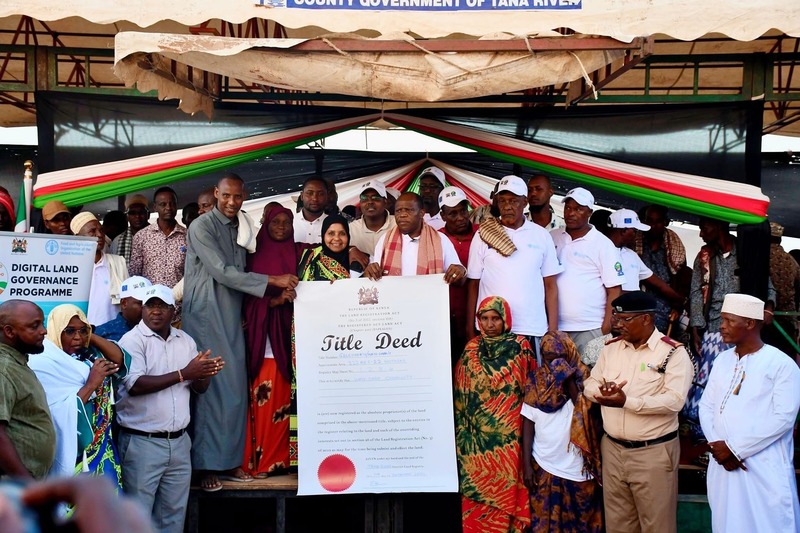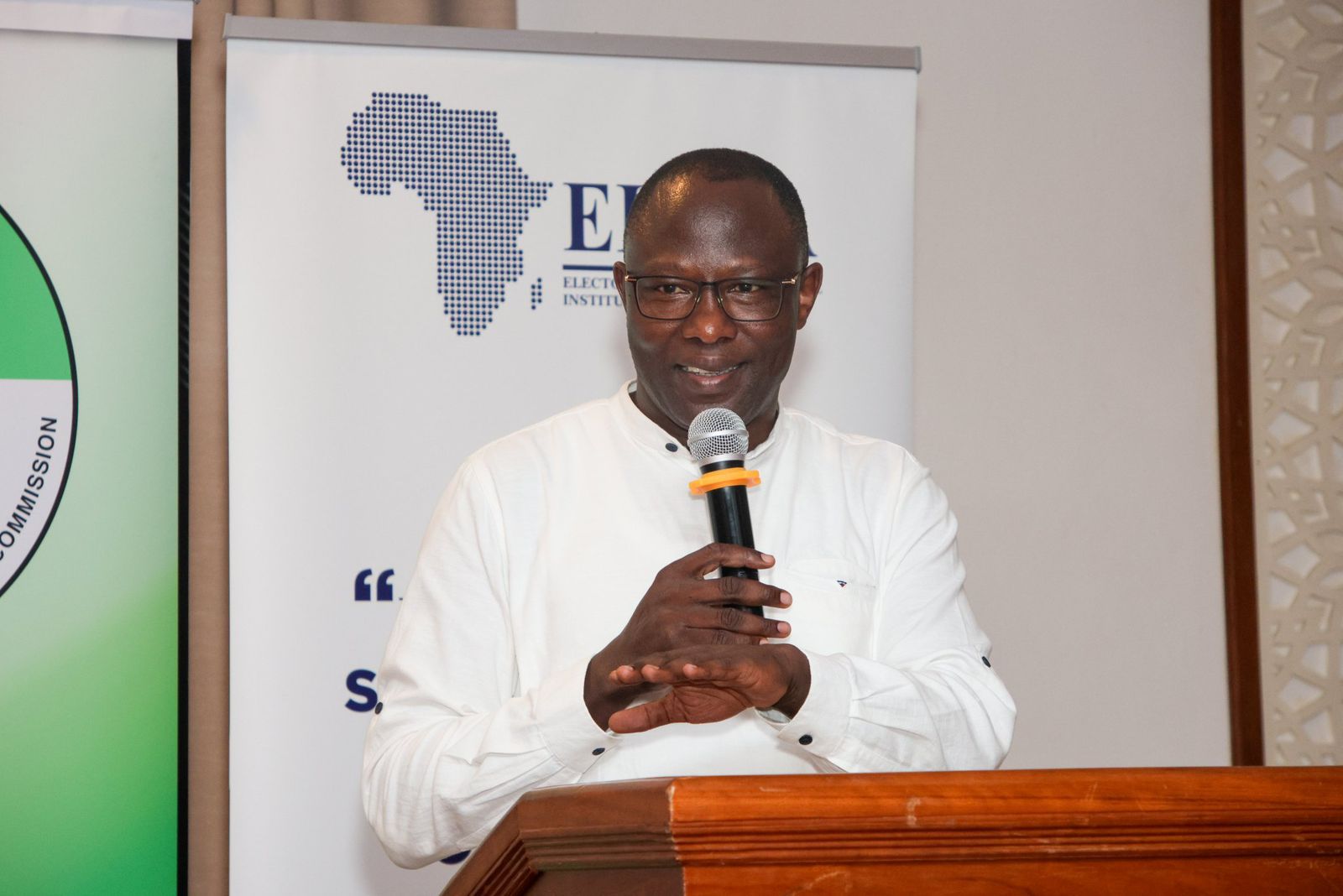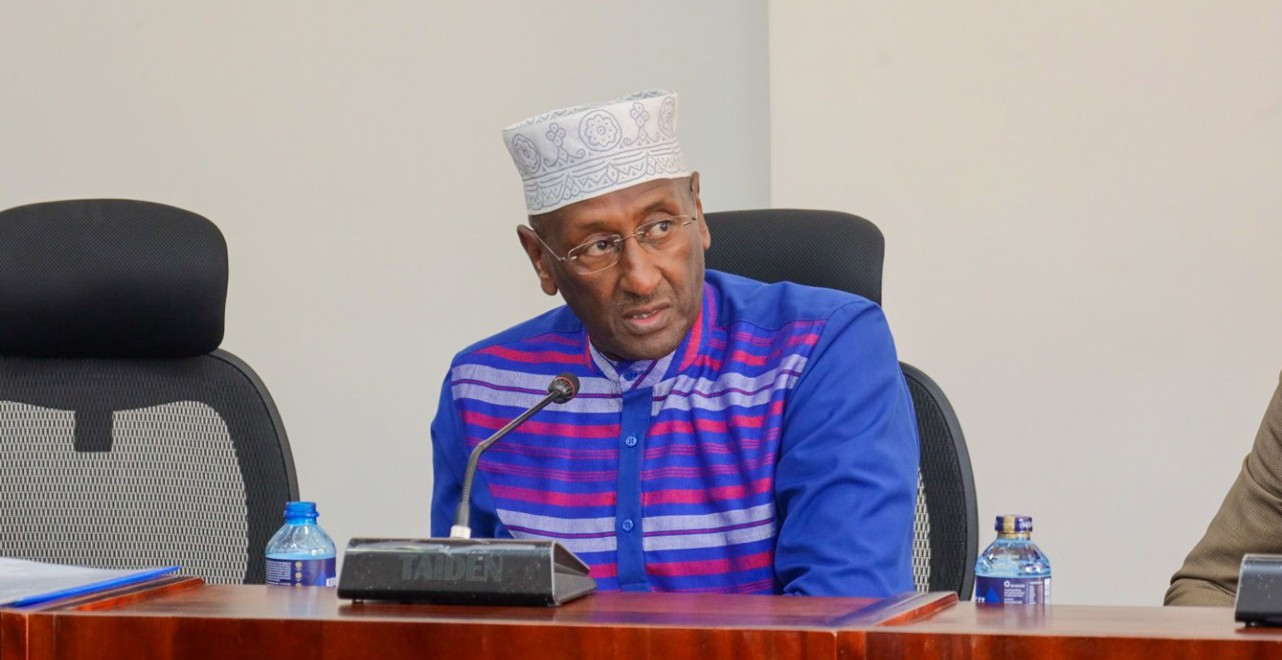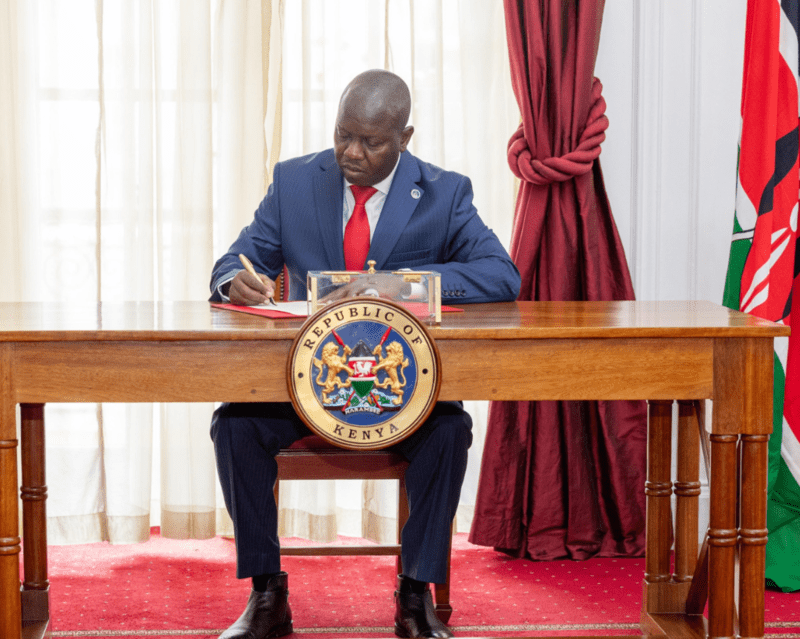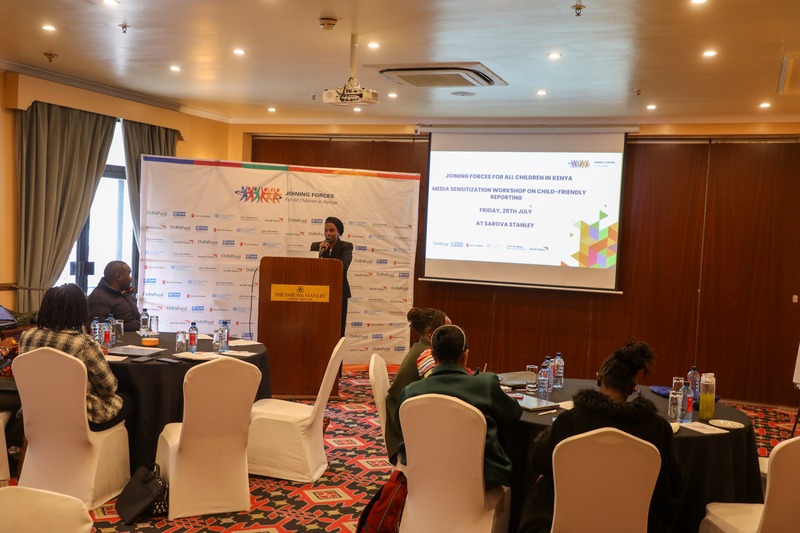Kenyan organ transplant centres rarely reinspected, report finds

According to the report, “Most transplant facilities are not regularly inspected after initial certification, and there is no national transplant registry.”
A new report has revealed that organ transplant facilities in Kenya are rarely subjected to follow-up inspections after their initial licensing, raising major concerns over patient safety and ethical compliance.
The report, compiled by the Committee on Tissue and Organ Transplant Services, blames the lack of regular oversight on fragmented regulation and the absence of a central authority to monitor transplant services.
More To Read
- Committee proposes establishment of national deceased organ donation programme
- Taskforce recommends criminal probe against Mediheal founder Dr Mishra over kidney transplant scandal
- Five Kenyan detectives in Botswana for US-led training to combat human trafficking
- State orders screening of foreign nationals living in West Pokot over alleged cannibalism, organ trafficking
- Mediheal Organ trafficking probe: Witnesses demand private hearings, cite intimidation fears
- Kenya organ transplant scandal: Committee probes Mediheal Hospital over alleged malpractices
According to the report, “Most transplant facilities are not regularly inspected after initial certification, and there is no national transplant registry.”
The committee, chaired by Prof Elizabeth Bukusi, was established by Health CS Aden Duale to assess whether Kenya’s transplant services meet legal, ethical and clinical standards.
It includes a team of clinicians, legal experts, ethicists, public health professionals and a patient representative.
The findings show that a number of vital transplant disciplines, such as clinical pathology and immunology, are still not properly recognised or regulated.
This has left major loopholes in oversight, with many facilities operating without clear accountability or quality checks.
The report paints a troubling picture of operations inside transplant centres. Only 25 per cent of kidney transplant facilities were found to have well-trained, dedicated multidisciplinary teams.
Additionally, around 45 per cent of the centres do not have Standard Operating Procedures in place.
Even more concerning, nearly 60 per cent of the facilities were flagged for poor documentation of essential medical processes like patient consent and clinical reviews.
“Only 30 per cent had systems in place for donor follow-up,” the report noted.
None of the facilities offered structured psychological or medical support to donors after surgery, leaving a critical gap in post-transplant care.
The committee further noted that Kenya’s organ donation system remains severely restricted, as most transplants rely on living, related donors.
This limitation, coupled with the weak regulatory framework, raises fears of abuse and unethical practices.
“Kenya’s transplant landscape is marked by inadequate clinical standards, weak donor care systems, insufficient infrastructure and poor documentation,” the committee concluded.
It recommended urgent reforms, including the creation of a central authority to coordinate all transplant-related activities and the establishment of a national transplant registry to track procedures and improve transparency across facilities.
Top Stories Today
Reader Comments
Trending


